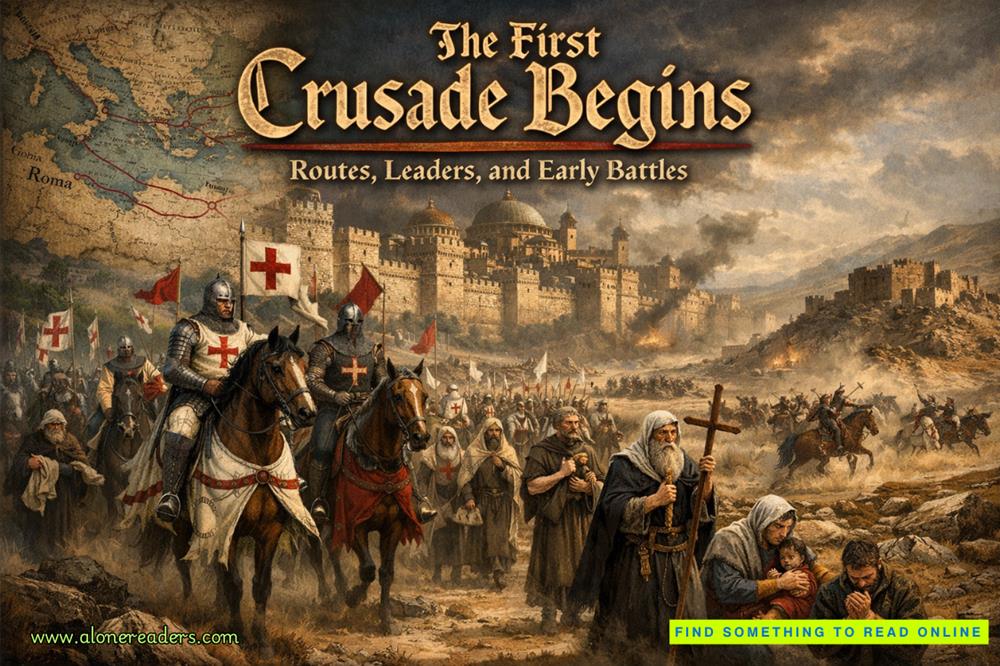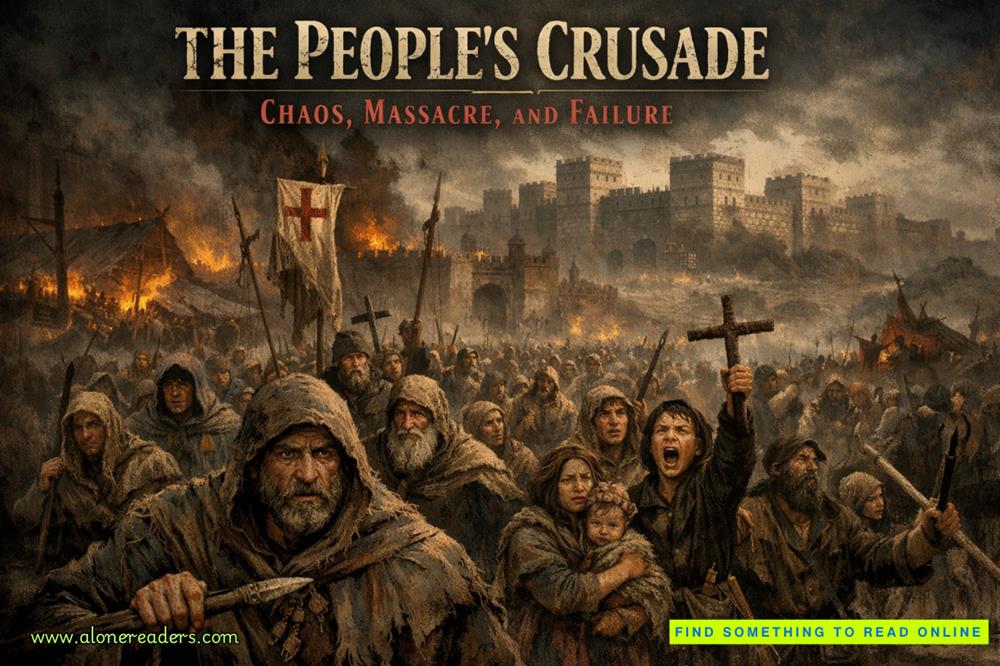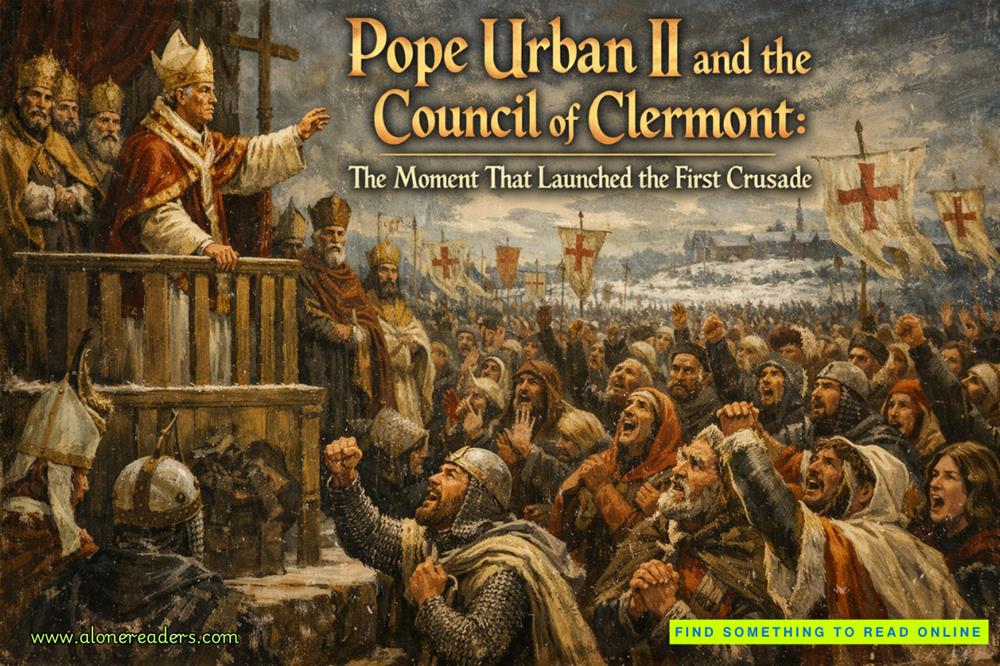There are a lot of accidental deaths in Rosado.
The bell chimes again, and I wipe my hands and step into the funeral parlor, which takes up the entire downstairs save for the kitchen. Everything down here is tastefully decorated in sleek, midcentury furniture and muted colors. I don’t hold funerals these days, not since Uncle Vic died. He loved being a mortician: meeting with the bereaved, walking them through the funeral process with his soft, even voice. Me, not so much. I’d rather work with the dead than the living, which is why I got a graduate degree in forensic science and finagled my way into the county coroner position two years ago instead.
Still, I can’t bear to close up shop completely. So I keep everything how it was and do my coroner work out of the same space in the back of the house where Uncle Victor would spend hours preparing the deceased for their casket viewings.
I’m in that space now, and I heave up the big garage door that opens to the back driveway. Hector’s waiting for me, leaning up against the refrigerated truck while he pulls on a silver vape pen. He lifts his hand in greeting, eyes squinted against the sun.
“You ready for him?” he asks, tilting his head toward the truck.
“Yeah, of course.” I have the same anxious, prickly feeling that I’ve been fighting all day, ever since the call from Deputy Molinas. I held my tongue when he was going over the details, because I could tell from the clipped way he spoke that Sheriff Kaplan had told him not to entertain any of mytheories.
Hector tucks his vape pen away and slides the body bag containing the deceased out onto a stretcher. “So what did it look like?” I say, swallowing against my dry throat. “When you picked him up?”
Hector glances at me. He knows my theories, too, and he’s more willing to entertain them than Sheriff Kaplan.
“Normal,” he says. “It was an accident, Abi. The tub was coated in soap scum, and the guy was older. Probably didn’t have good balance.”
I breathe out. I want him to be right, I do. But there have beensomany accidental deaths in Rosado, even before I landed the role of county coroner. Uncle Vic noticed them, too.A lot of people die badly here, he told me once, the summer before I left for college.I’m glad you’re getting out.
Of course, I didn’t stay out. I couldn’t. Not when the only other choice was to sell Hatch Street Funeral Home to one of the big funeral corporations after Uncle Vic got his cancer diagnosis.I couldn’t stand to see that happen. So here I am, back in Rosado.
I follow Hector as he pushes the deceased down the hallway and into the examination room. Once everything’s situated, I unzip the body bag and get my first real look at him.
Marcus Nielson. That’s the name on the identification tag, scrawled out in Hector’s messy hand. Mr. Nielson is older—maybe his sixties, although he looks strong for his age. The back of his head is a mess of bone fragments and brain matter, but the rest of him seems unharmed.
It does, at first glance, look like an accident.
“Thanks, Hector,” I say. “I can take it from here.”
He gives me a two-fingered salute. “Don’t go chasing rabbits, girl,” he says, heading back into the hallway. “It’s just an accident. Accidents happen.”
I don’t say anything.Accidents happen. More than anyone else, I know how that isn’t necessarily true.
That’s an old hurt, though, one that I’ve managed to more or less work through, and I’ve got more important things to focus on today. Like Marcus Nielson.
“All right, Mr. Nielson,” I tell him, snapping on my gloves. “Let’s see what you can tell me.”
The steps of the exam are second nature at this point. I take some photos. I record my initial observations. I tilt Mr. Nielson’s head sideways to get a look at the injury site. According to the report the sheriff’s office sent over, he was found slumped on the floor, the back of his head against the rim of the toilet. I click through the photos of the crime scene. Blood splatters outward around the toilet, in line with the trajectory of the fall. It does indeed look like his cause of death was blunt force trauma to the back of his head, and a slip and fall in the shower would be sufficient for that to happen.
So why do I have the distracting, persistent thought that it’s more than that?
I continue my external examination, running my gloved hands over his arms, lifting his limp hands and turning them over to examine his knuckles. No bruises, no cuts. No sign of a struggle. A slip and fall, like Hector said. Or a heart attack, massive enough that he toppled through the shower curtain and hit his head before he could call for help. The internal exam will let me for sure.
But I keep looking, combing over every inch of his smooth, waxy skin. It’s almost a compulsion at this point whenever an accidental death comes in. Because so many of them carry a very specific mark.
My breath tightens as I work lower down Mr. Nielson’s body. I still haven’t found anything. The mark, when it appears, is always small. Imperceptible. Something that could be explained away a million different ways if I didn’t keep finding them in the two years that I’ve been back in Rosado.
I lift Mr. Nielson’s leg, feeling my way down his calf with my gloved hand. There are a few cuts and scrapes, but nothing with the intentionality of what I’m looking for. What I’m certain is a sinister pattern, even if Sheriff Kaplan thinks I’m just being hysterical. His word, of course.
And then I get to Mr. Nielson’s ankle.
It would be easy to miss at first—another minor cut just above the lateral malleolus on his left foot. But when I tilt his foot into the light, my breath catches in my chest.
It’s a cut, very tiny and very precise. At first glance, it looks like the others I passed over. But there’s something about this one that makes me reach for my big magnifying glass. And then, like that, the thick lens reveals the secret:
The letterR.
I stare down at it, taking deep, steady breaths even as a chill ripples down my spine.















